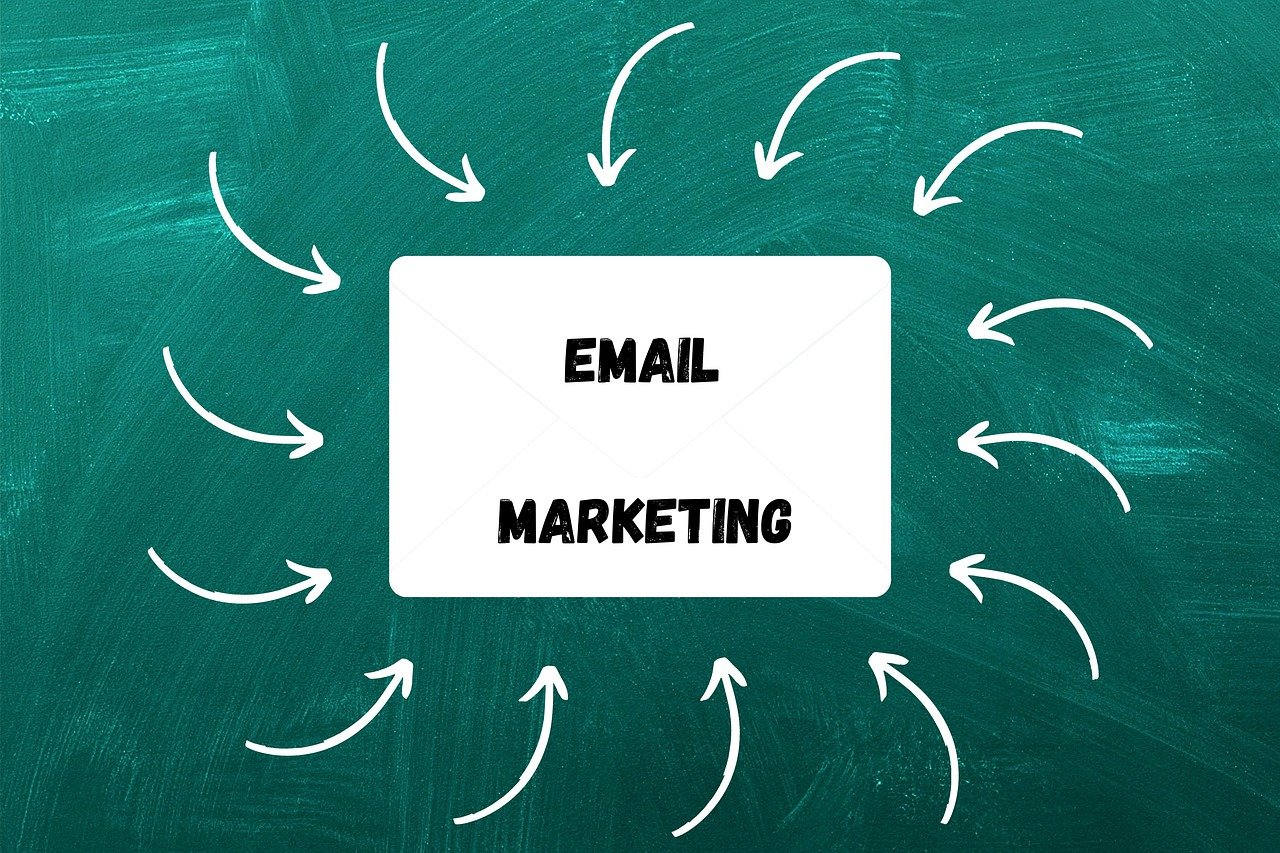Email Marketing for Music Festival Entities.

Email marketing provides the most personalised form of communication with both customers and prospects for any business and the music festival sector is no exception. Emails can generate some of the highest ROI numbers in any marketing activity but what are the common best practices for festival entities embarking on their email marketing campaigns.
Marketing campaigns are created to generated leads, sales and engagement but only emails provide a direct line of communication with existing and potential festival-goers. They create a high level of engagement without the algorithm interference usually associated with social media platforms. Any activity using email addresses must comply with the prevailing legal data protection regulations and there are increasingly strict anti-spam laws to consider too.
General Data Protection Regulations (GDPR).
The GDPR regulations exist in most European and North American countries and go as far as Asia and beyond. Although there are minor differences the principles remain largely similar, and they exist to protect an individual’s privacy. More specifically GDPR requires that data is obtained in a lawful, fair, and transparent manner with further implications for accuracy, storage limitation, integrity and confidentiality. Festival entities must ensure that they provide opt-in check boxes for newsletters and marketing activity by email with clear information on what this means. All email communications must provide an easy process for recipients to unsubscribe which usually must be activated within 24 hours. Festival entities running regular email campaigns should use reputable email platforms which can integrate with common GDPR related tools (Mailchimp for example). Every email should clearly identify the sender (with contact information), the purpose of the message with a clear unsubscribe process and a link to privacy policies.
Data Management and Avoiding Spam.
Personalised data associated with an email address can include numerous demographic details along with historical transaction and marketing information. It is essential that festival entities arrange for the secure and safe storage of this data as poor practices can lead to lost trust, fines and even blacklisting by email providers. To ensure that emails are deliverable the sender domain must be authenticated (SPF, DKIM, and DMARC records) as failure to do this can result in emails being listed as potential spam. It is essential that data is regularly cleaned to avoid high volumes of undeliverables which can get the sender blacklisted. Bounced emails should be deleted as soon as possible and data should only be stored as long as necessary with consent reconfirmed at least once every 2 years. If emails sent are unresponsive or unread for more than a year, consider deleting them as inactive users.
Segmentation for High ROI Campaigns.
Assuming that prospect and customer data is collected in compliance with GDPR the data held can provide a wealth of information for the creation of highly targeted email campaigns. Previous ticket buyers can be offered incentives to upgrade to VIP packages and prospects can be offered other incentives (free merch or complimentary parking) to purchase a ticket. Email data can also be used to conduct surveys to help provide information about genres, location and date preferences for example. Data can also help identify the level of loyalty for repeat purchasers and those who did or did not purchase merch, camping or other add-ons. This allows entities to create specific targeted email campaigns to segmented groups which can maximise sales revenue.
Campaign Measurement.
A key benefit of email marketing is the ability to accurately measure the results of any campaign. Key statistics can be the open rate, click through rates, purchases made, value, abandoned carts and bounce rates. Analysis of campaign data can reveal which content and stagey generates the highest revenue return. It is not unusual for some festival entities to run hundreds of different email campaigns over the year as part of a comprehensive testing programme to help identify the most responsive offer and price point. Seasonality can also influence response data so finding the ideal time to offer tickets can be established. Where email campaigns generate responses to landing pages further analysis of webpages using tools like Google Analytics can provide data on traffic flow based on source and the respective ROI of each channel generating website traffic.
For festival organisers planning their next event using a software management platform like Festival Pro gives them all the functionality they need manage every aspect of their event logistics. The guys who are responsible for this software have been in the front line of event management for many years and the features are built from that experience and are performance artists themselves. The Festival Pro platform is easy to use and has comprehensive features with specific modules for managing artists, contractors, venues/stages, vendors, volunteers, sponsors, guestlists, ticketing, site planning, cashless payments and contactless ordering.
Image by yourfreedesign via Pixabay
<< Back to articles
Contact us
Get in touch to discuss your requirements.
US: +1 424 485 0220 (USA)
UK: +44 207 060 2666 (United Kingdom)
AU: +61 (2) 8357 0793 (Australia)
NZ: +64 (0)9887 8005 (New Zealand)